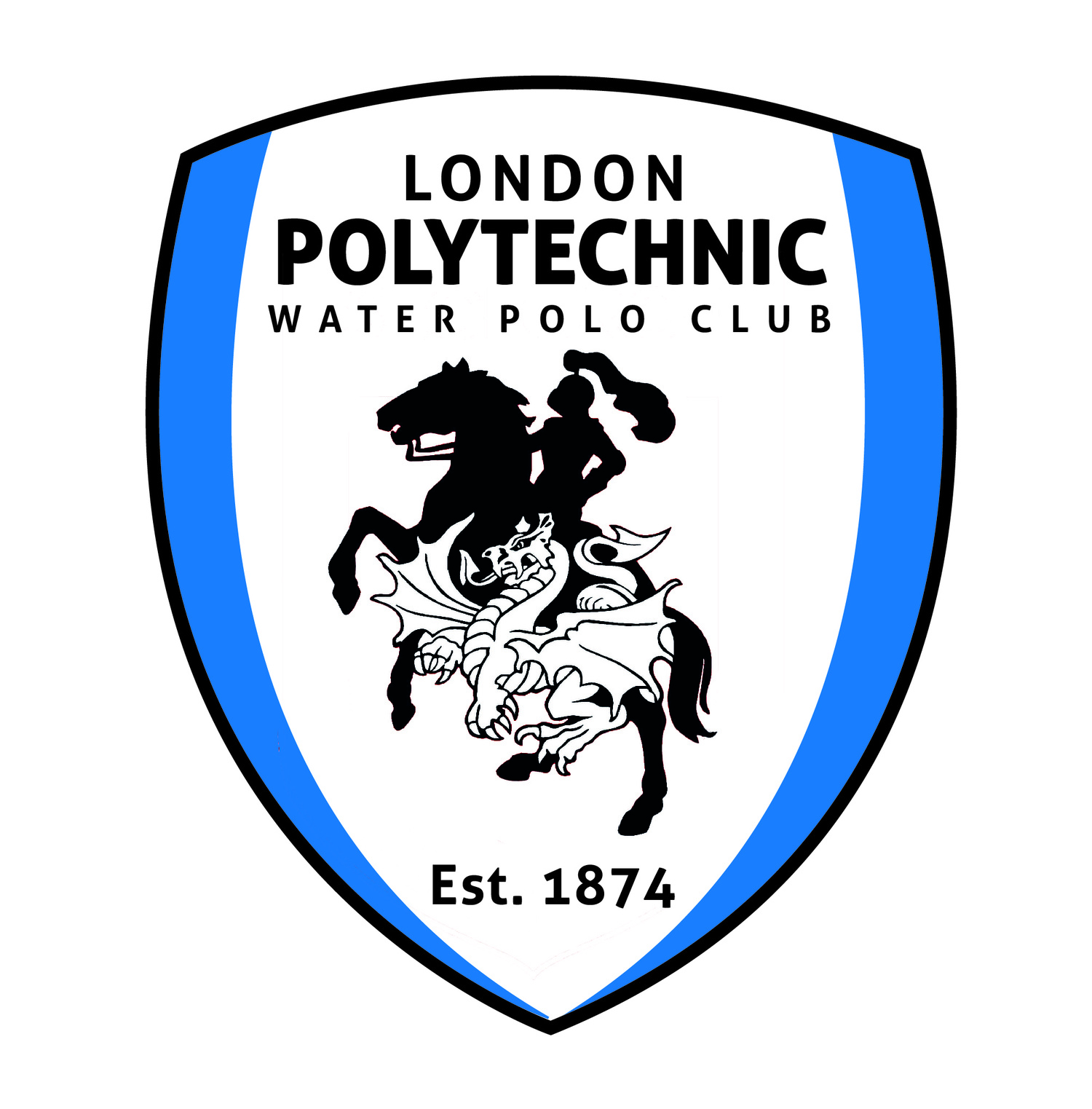Roddy Jones
Rod joined Poly from Stoke Newington in 1970 after a highly successful swimming career, topped off by taking part in the 100m backstroke at the Mexico Olympics of 1968. He will tell you about that experience if you ask him, but just do not mention Norman Sarsfield, ASA general secretary at the time, who was not known for intentionally helping a swimmer perform to his best on a big occasion.
The archive does not contain much information about Rod’s early appearances for the club, his first mention being as number 11 on the team sheet, albeit a Wales international, for the Peter Pass’s retirement gala in October 1970. However, he was soon to prove the exception to the rule that good swimmers do not make good polo players, showing an ability to fill Peter’s position at full back, with tremendous speed out of defence. By May 1971 he was selected for the Great Britain team, his place being unchallenged for many years.
He took off for the summer of 1971 to Malta, where he practiced a bit of dentistry while acting as player/coach for one of the many water polo teams there. Returning in the autumn, he took part in the first of several Europa Cup tournaments, scoring more than his fair share of goals from defence. He relished marking the centre forward, and he was horrible to play against in that position - with long arms to make interceptions, using subtle nudges to win the ball cleanly, and always creating the threat of having to swim from one two metre line to the other to cover his deadly counter-attacks. In 1973 he scored 30 goals for the Poly, often in that fashion. However, he was known for at least two other methods. He played on the left post when we had an extra man, and regularly scored from there, with his long arms and ability to rise out of the water to finish off a high cross. And he was also deft at playing the look-the-other way shot from the right wing.
In 1973 he represented GB in the World Championships in Belgrade giving him an apparently “unique” record for a British swimmer through participation in World, Olympic, European, Commonwealth and World Student Games championships. He became captain of the club for 1976 and 1977, while still fully committed to the GB set up, and was always reckoned to be the “thoroughbred” of the team. In training, he would be at the back of a lane for the first fifteen minutes as he warmed up during the first sprint set, but thereafter there were few in the club that could keep up with him.
On tour you did not necessarily want to be his bridge partner, as he seemed to pick up the poorest hands you could imagine, and he got very depressed about the card gods being against him - to such an extent that, when the block-buster hand arrived, he usually found a novel way to foul it up. That’s a bit unfair, as Rod always played thoughtfully and was excellent company on tour.
He scored the winner against the mighty De Robben side in a 1978 outdoor tournament in Den Haag and, after the 1979 double winning season, he decided to retire from playing, although he continued to coach the side for several years, often in tandem with Terry Bensted. He was a great technical and tactical coach, who introduced novel training methods, and put a lot of thought into the game plan. He also turned up on many drab winter’s evenings to a highly-chlorinated City University pool to put us through our paces when no one really had an appetite for it. The main compensation for this painful match-preparation was an hour or so of relaxation and real ale in the Pheasant and Firkin, and a ride home in a flash BMW which was well ahead of its time. Rod had long since dispensed with his even more eye-catching Morgan convertible after a terrible experience returning from a long-distance national league match in dreadful weather, the result of which was the vehicle going straight back to the showroom on the Monday morning.
Before coaching Poly, Rod had been coach to the Wales national team as early as 1977. One side effect of this was the rise of the Maindee team, as the Welsh players absorbed everything he taught them, including his work ethic. During the 1980s, Maindee became extremely difficult opponents, winning the league and the cup on a number of occasions.
In his professional life, he had a dental practice right next to Oxford Circus, which was very convenient for the old Poly pool, and which was reckoned by most of the players to have been a lucrative establishment. Later he moved to Chelsea, both to live and to practice his dentistry, before family life eventually took over. Sadly he is probably known to most of the current side as the ‘father of Luke’, but maybe this tribute will give them more insight into one of quickest and most astute players of the 1970s.

